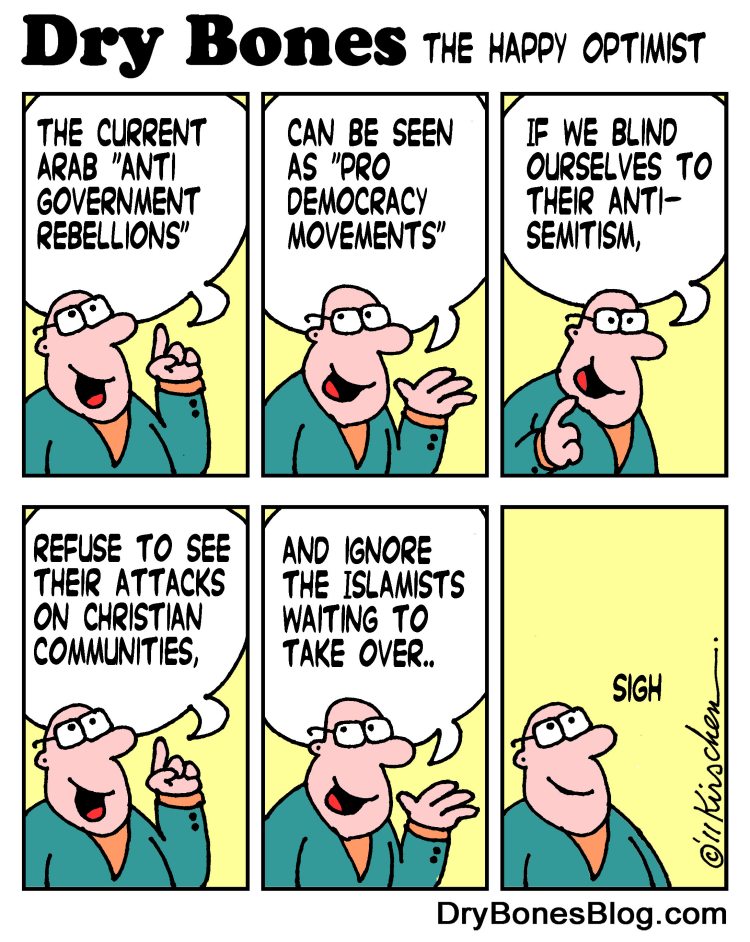Arab News: After the Abraham Accords, Olympics Continue to Build Israeli-Arab Peace
To this day, sports are used to bring together Israeli and Arab children in an open, neutral, and friendly environment. Sports have a way of stripping down biased tendencies, and allowing people to connect on a basic, person-to-person level.Dore Gold: Israel Enters the Arab World
The Abraham Accords marked the beginning of a warm peace between two nationalities that were eager to move forward. Unlike past treaties, these accords were not limited to government interaction but extended to people-to-people exchange.
Across the Middle East — and in the face of armed conflict, terror, and political discord — brave individuals have decided that rather than hide behind barriers, it is time to start building bridges and connect with people from different religions, countries, and races.
Whether it is in sports, the arts, culture, or religion, when we push past personal biases and relate on a person-to-person level, we discover that we are more similar than we might think.
The Olympic Games were created on the premise of the 9th century BC Olympic Truce, which halted regional conflict to allow athletes and their families to travel safely to and from the Olympic games.
The Olympics continue to be a time of unity and pacifism, as the Saudi-Israeli judo match beautifully proves. Sports, in the form of “ping-pong diplomacy,” have improved international relations before. Let’s hope that the Tokyo Olympics can help do it again.
When Benjamin Netanyahu addressed the U.S. Congress in 2015 to make the case against the Iran nuclear deal, many Arab heads of state heard him lay out the evidence for Iran's plans for increased control of the Middle East and found themselves nodding in agreement.Israel in contact with most Arab countries, including Iraq — senior diplomat
With hindsight, Netanyahu's controversial appearance looks like the catalyst that accelerated rapprochement between Israel and many Arab states. It set the stage for the Abraham Accords in 2020, which formalized new normalization agreements between Israel and key Arab states. Iranian aggression - more than any peace plan or blueprint for economic cooperation - became the glue that was binding Israel and some of its former adversaries.
The Israeli prime minister explained how four Arab capitals - Baghdad, Damascus, Beirut, and Sanaa - had fallen under Iranian domination. "If Iran's aggression is left unchecked," he warned, "more will surely follow." In fact, Iranian media at the time was predicting the imminent fall of Saudi Arabia.
Without having planned it, Israel's diplomatic campaign against the Iran deal opened its door to the Arab world. Communication channels soon opened between Arab states and Israel, even in the absence of formal agreements. Israel has achieved a level of integration with a large part of the Arab world that would have been unthinkable not long ago.
The threat Israel and many Arab states face is the same. Tehran likes to remind its people that the Arab states had once been part of its territory, and that those lands must one day be returned to Iran. A common threat, to adapt a phrase, is a terrible thing to waste. The time to move this improbable, promising, and essential alliance forward is now.
The Foreign Ministry maintains some form of contact with almost all Arab countries, including ones officially designated as “enemy states” like Iraq, a senior Foreign Ministry official said Tuesday.
“Over the last twenty years, the Foreign Ministry was always in touch with almost all the players in the Arab World,” said the outgoing director of the Foreign Ministry’s Middle East Division, Haim Regev, during a briefing in Jerusalem.
While he clarified that this list of covert contacts does not include Lebanon, Syria, and Yemen, it does extend to Baghdad.
In 2019, Iraqi ambassador in Washington Fareed Yasseen said, “There are objective reasons that may call for the establishment of relations between Iraq and Israel,” speaking in Arabic at an event entitled “How Iraq Is Dealing with the Current Regional and International Developments” at the Al-Hewar Center for Arab Culture and Dialogue in Washington.
He noted that there is an important Iraqi community in Israel and they are still proud of their Iraqi attributes. “At their weddings, there is Iraqi culture of celebration. At their weddings, there are Iraqi songs,” the veteran diplomat, who has served in DC since November 2016, went on. Yasseen also noted “outstanding” Israeli technologies in the fields of water management and agriculture.
“But the objective reasons are not enough,” he added, stressing that there are “emotional and other reasons” that make open communication between Jerusalem and Baghdad impossible.
Though he faced backlash from other Iraqi officials, Yasseen was not recalled.





































.jpg)


